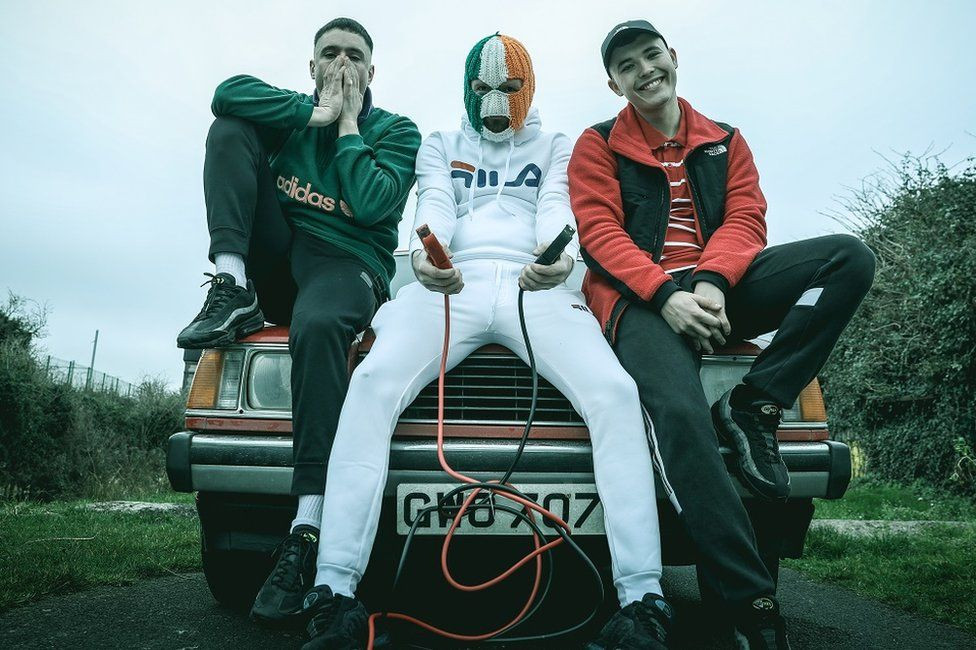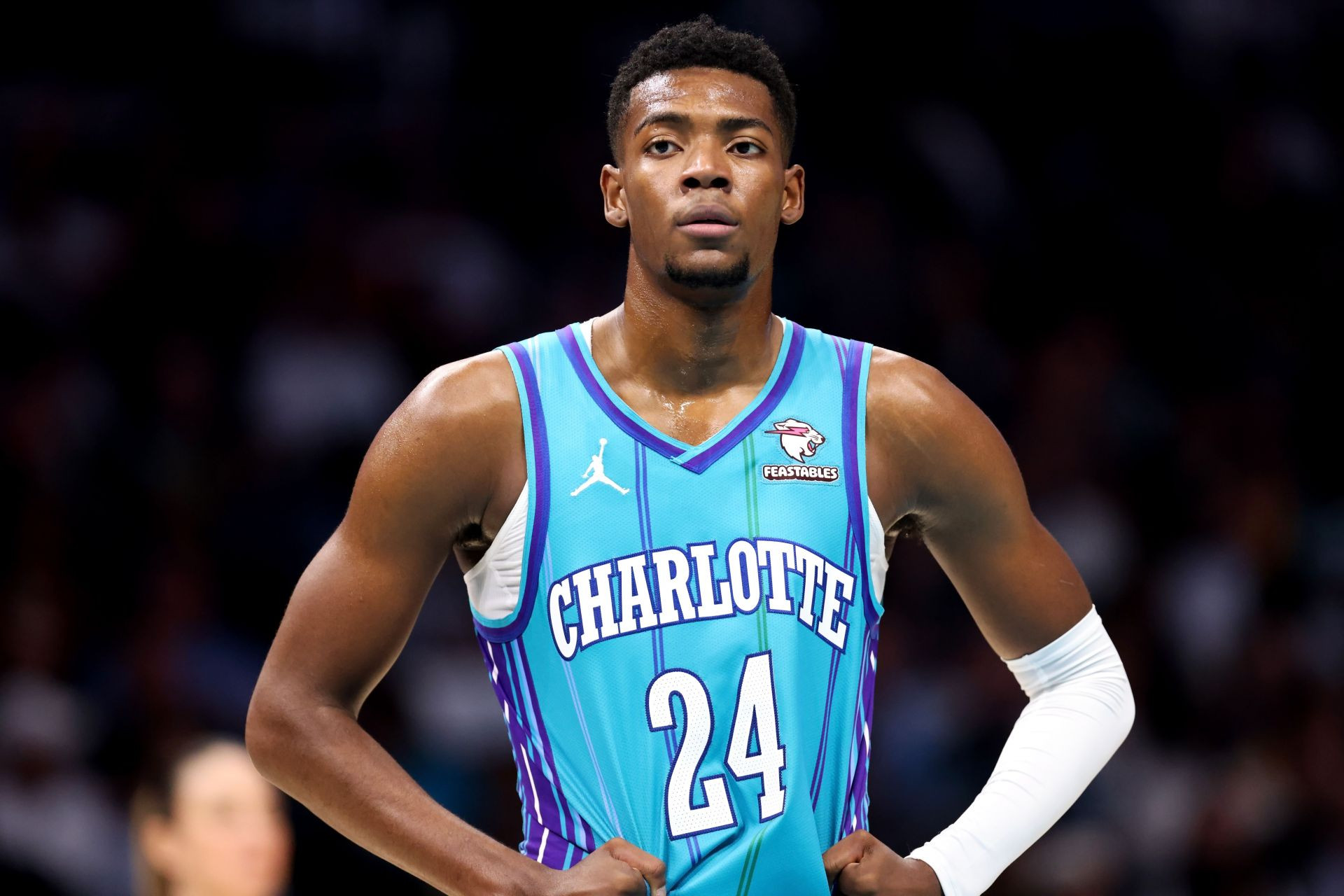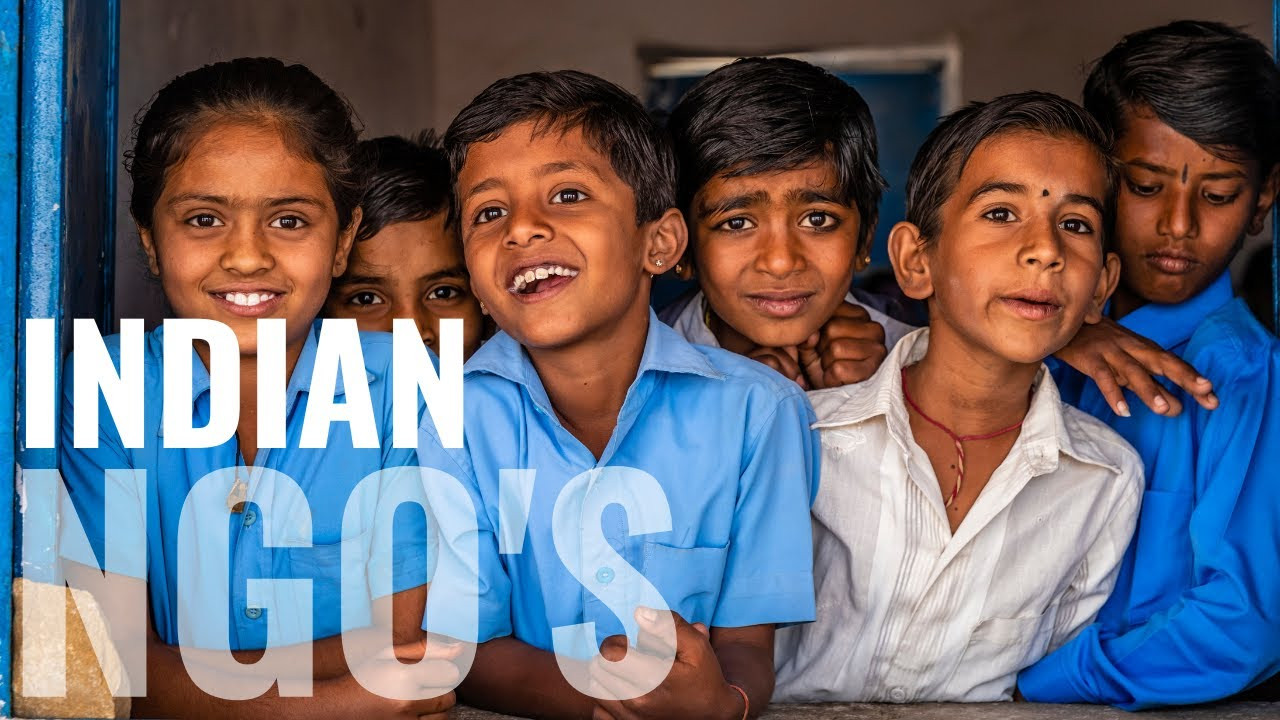I heard Kneecap before I saw them. Their thick bilingual banter gradually increased in volume until the lift dinged arrival. They moved like a whirlwind through the office – a firm handshake, a couple of jibes and a round of darts were all thrown en route to our meeting room. All three members of the world’s first Irish-speaking rap group were in attendance: MCs Mo Chara (25) and Móglaí Bap (30), and DJ Provaí (36) – although this time without his distinctive tricolour balaclava.
The trio have been busy lately. Their debut full-length LP, Fine Art, dropped in June and their semi-autobiographical film, eponymously titled Kneecap, was released in UK cinemas last Friday (August 23). Both are explosive and unflinching portrayals of life in Belfast, of coming of age in the wake of the 1998 Good Friday Agreement amid lingering sectarian divides and calls for a united Ireland. Scenes from the film depict Chara’s turbulent yet tantalising fling with a Protestant girl, as well as the unveiling of the group’s breakout hit “Brit’s Out”, during which DJ Provaí pulled his pants down in front of a Belfast crowd to reveal the song’s title written across his buttocks (both true stories).
There’s a depth about Kneecap’s disregard for taboos. Through inventing words for cocaine (snaoisín) and MDMA (3CAG, meaning ‘three consonants and a vowel’) in Irish, they’ve managed to make the language relevant to the younger generation once more, slowly undoing centuries of stigmatisation under British colonialism. Similarly, where once notions of Irish union and sectarian violence were spoken about in hushed tones, the Northern Irish group rap about them with reckless abandon. It might make people feel uncomfortable, they admit, “but life in Belfast is still uncomfortable, let’s all be uncomfortable together,” says Chara.
In many ways, Kneecap have emerged as unlikely champions of a modern Irish identity. Despite their bull-in-a-china-shop approach, which has already seen their music pulled from national radio and denouncements from the Democratic Union Party, they have sold-out shows across the UK and Ireland. However, when the Northern Irish group were awarded Arts Council funding earlier this year to keep up with touring expenses, it was rescinded at the last minute. The then-secretary of state and business, Kemi Badenoch, controversially proclaimed that it was “hardly surprising that we don’t want to hand out UK taxpayers’ money to people that oppose the United Kingdom itself.”
Kneecap have been embroiled in a legal battle to reinstate the funding ever since Badenoch’s comments, but that hasn’t stopped them from speaking up. Only last weekend (August 23), the group called out the UK government for its complicity in the genocide in Gaza during their Reading Festival performance having, days prior, raised over £6000 for a Palestinian family fleeing conflict through the sale of their Mo Chara lager. For Kneecap, at least, beer and political activism are not mutually exclusive.
The Movie: A Rebellious Story of Identity and Language
The film Kneecap tells the semi-fictionalised origin story of the group as they become unlikely figureheads for a civil rights movement to save their mother tongue. Set in 2019, around the time the Irish-speaking community of Northern Ireland was campaigning for legislation that would recognise the status of the Irish language, the events mirror Kneecap’s real-life origin story.
Through the use of the Irish language, Kneecap reignited a sense of nationalist identity among their peers, using rap as a vehicle to make it relevant.
The Power of Language
“It might sound funny but there was no Irish word for cocaine, so we’d choose old words from a hundred years ago and regenerate them, which helped turbocharge the subculture,” says Bap.
In case you’re curious, in Irish, snaois is coke and capaillin is ketamine. Tattooed across Bap’s chest is 3CAG, the title of Kneecap’s 2018 album. It stands for 3 chonsan agus guta, Irish for “three consonants and a vowel”, meaning MDMA.
The group’s approach to language is a powerful statement about reclaiming cultural identity and pushing back against the dominant forces that have historically tried to suppress the Irish language.
A Controversial Film With Oscar Buzz
The film Kneecap has already garnered Oscar buzz and is a testament to the group’s undeniable talent and the power of their story. The film’s director, Rich Peppiatt, was initially hesitant about taking on the project, given its unusual premise: a foreign-language biopic about a rap trio that only formed a few years ago.
“Yeah, I’m the first to say it was a dice roll; it’s not like it had the obvious ingredients for success,” says Peppiatt. “And yet it seems to be working out, against all odds.”
The film features the group members playing themselves, having undergone acting lessons twice a week for six months leading up to filming. “For us personally, we draw a lot of confidence in being the underdog; that first day on set, we knew the crew probably didn’t expect much of us, so we wanted to blow them away,” says Chara.
“Classic show-pony behaviour,” adds Bap.
The film’s success is a testament to the group’s undeniable talent and the power of their story. The film is a powerful commentary on identity, language, and the challenges faced by those who dare to challenge the status quo. It is a story that resonates with a global audience, and it is a story that is sure to continue to be told for years to come.
The Future of Kneecap: A Movement, Not Just a Band
Kneecap is more than just a band, it is a movement. Their music and their film have ignited a passion for Irish language and culture among a generation that has grown up in a world where English dominates. They have challenged the status quo and shown that there is power in speaking out against injustice, even if it means facing censorship and resistance from those in power. Their story is a reminder that even in a world that often seems dominated by conformity and blandness, there is always room for rebellion, authenticity, and a defiant spirit.
Kneecap: A Force to Be Reckoned With
Kneecap is a force to be reckoned with. Their music is raw, powerful, and uncompromising. Their story is inspiring and thought-provoking. They are a reminder that even in a world that often seems dominated by conformity and blandness, there is always room for rebellion, authenticity, and a defiant spirit. They are a group that is not afraid to speak their minds, and they are a group that is sure to continue to challenge and inspire for years to come.

















